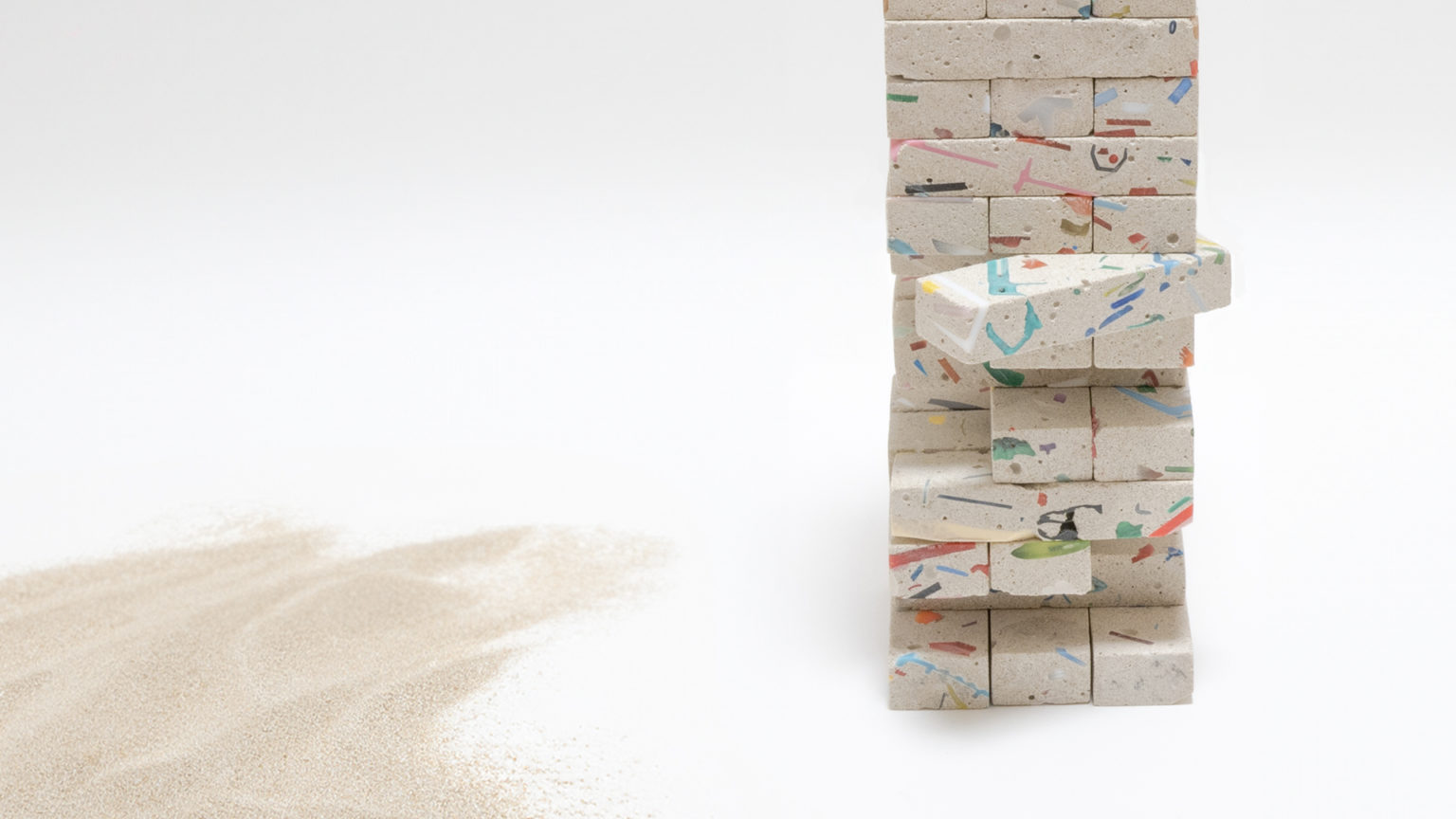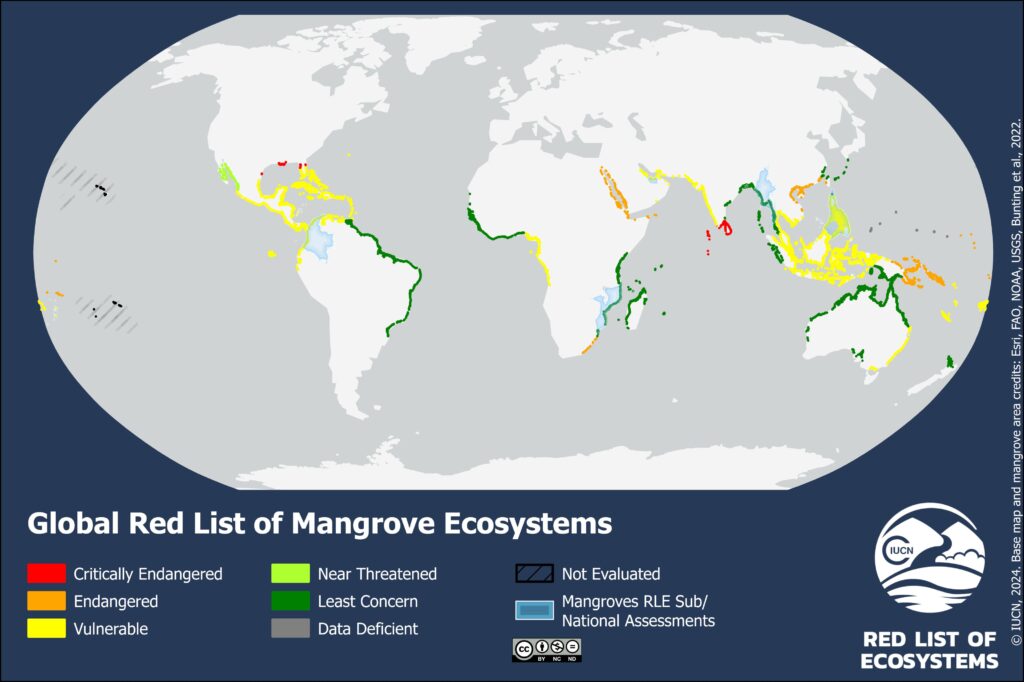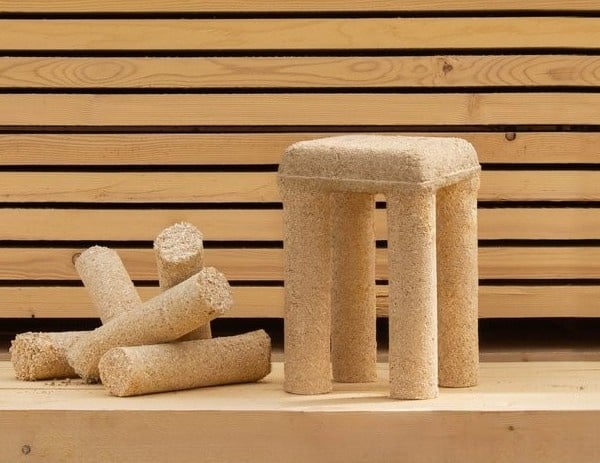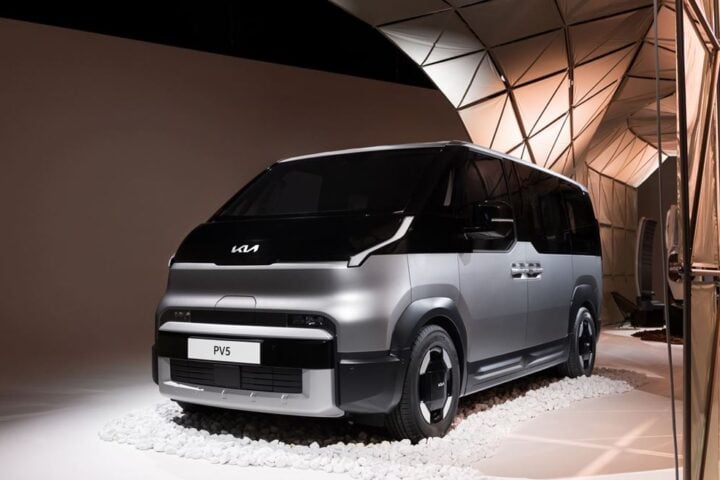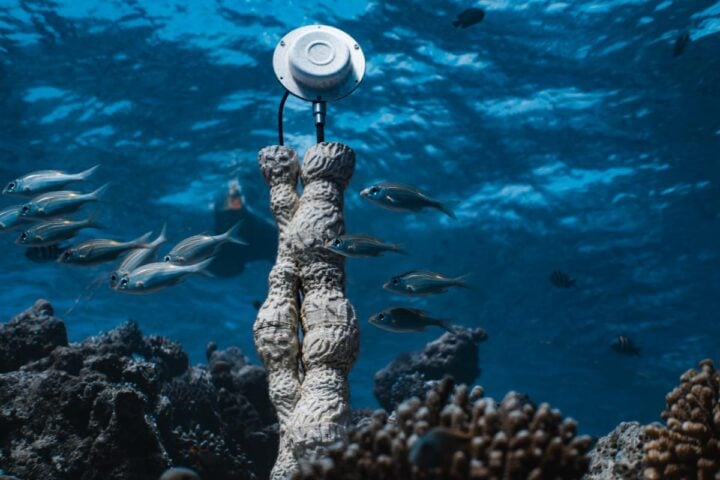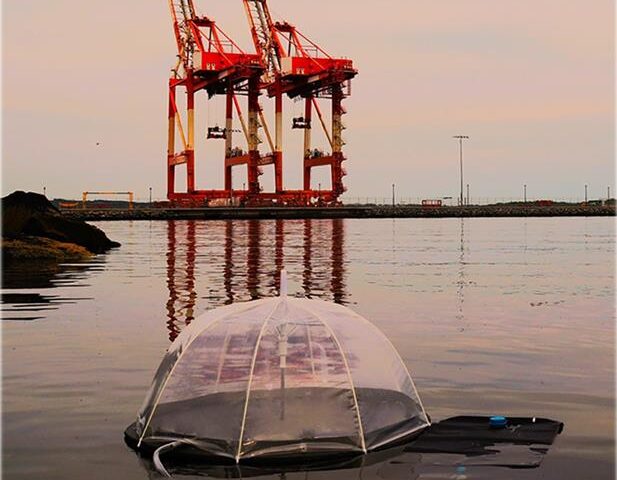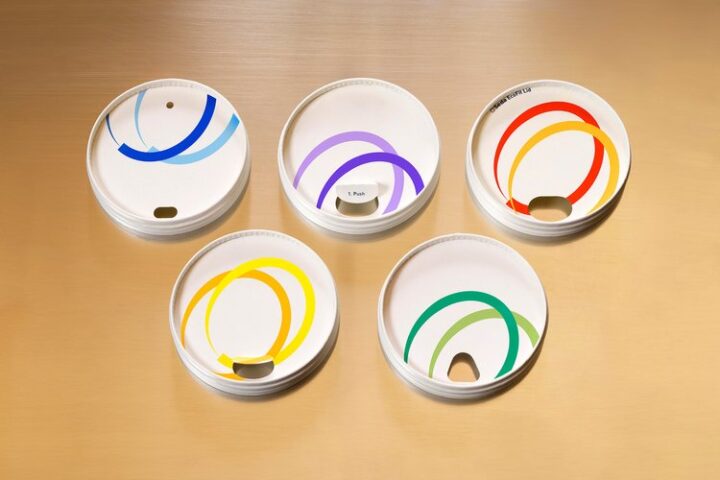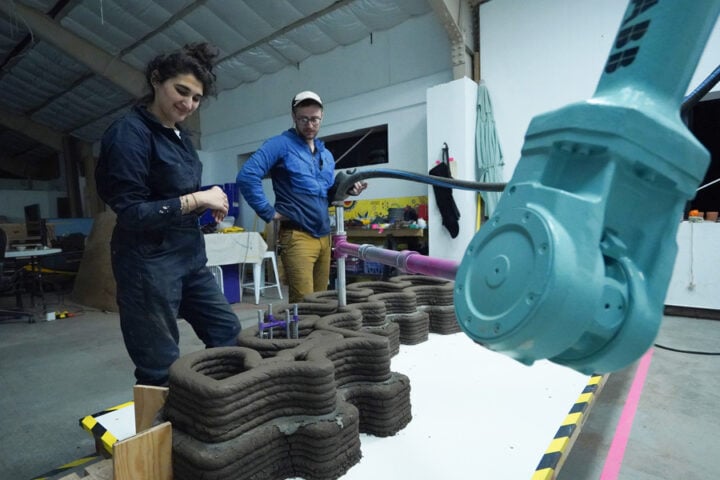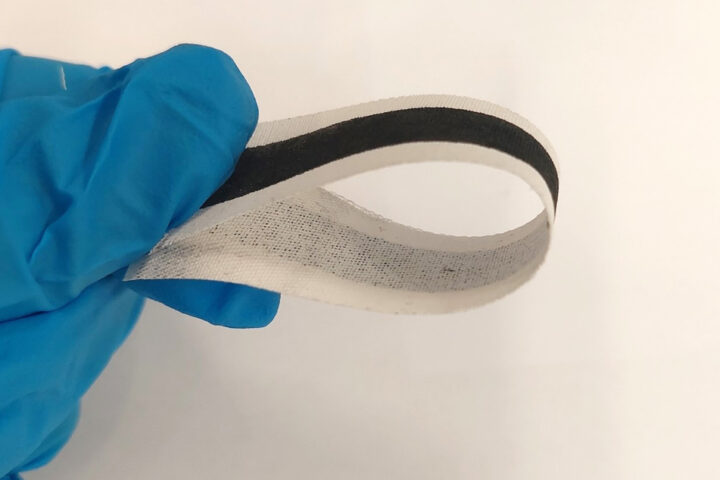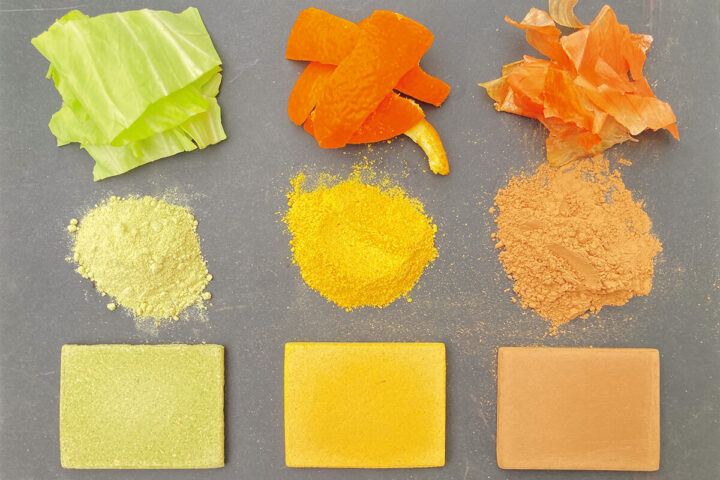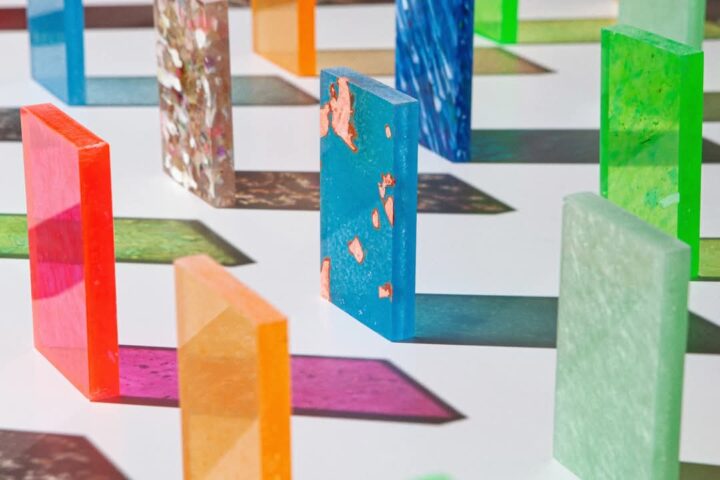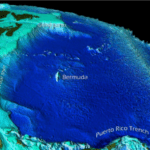Nothing in this world is useless, but a designer can give seemingly useless things a new life. WHOD design has come up with balance tower game crafted from upcycled ocean plastic waste. It has transformed the traditional stacking game into a metaphor for environmental disruption caused by accumulating trash. Engaging with environmental issues, this innovative approach fosters communal enjoyment. Inspired by the designer’s personal experience of beachcombing at Makuhari Beach in Chiba City, Chiba Prefecture, Japan, the design has transformed the tower game industry.
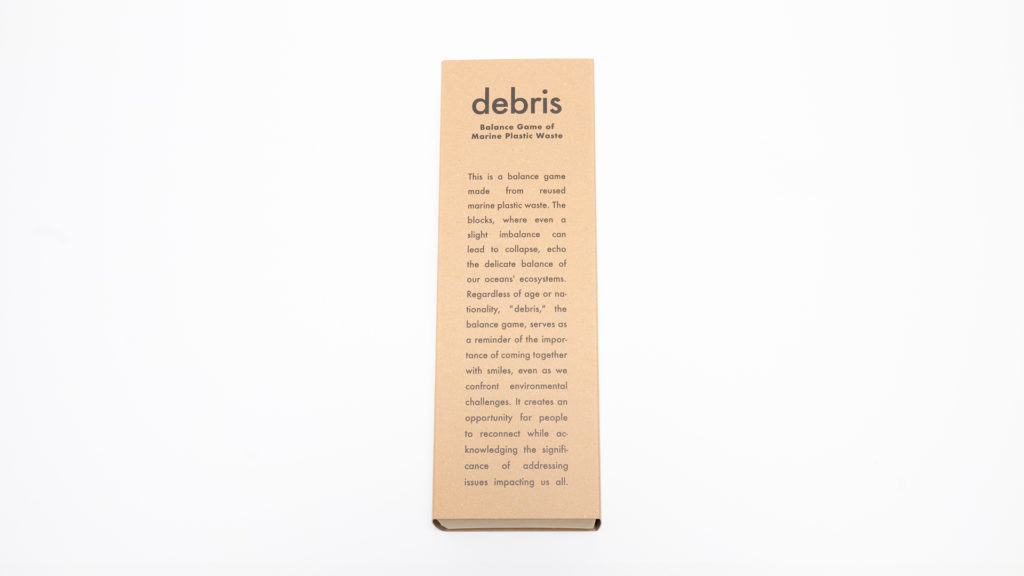
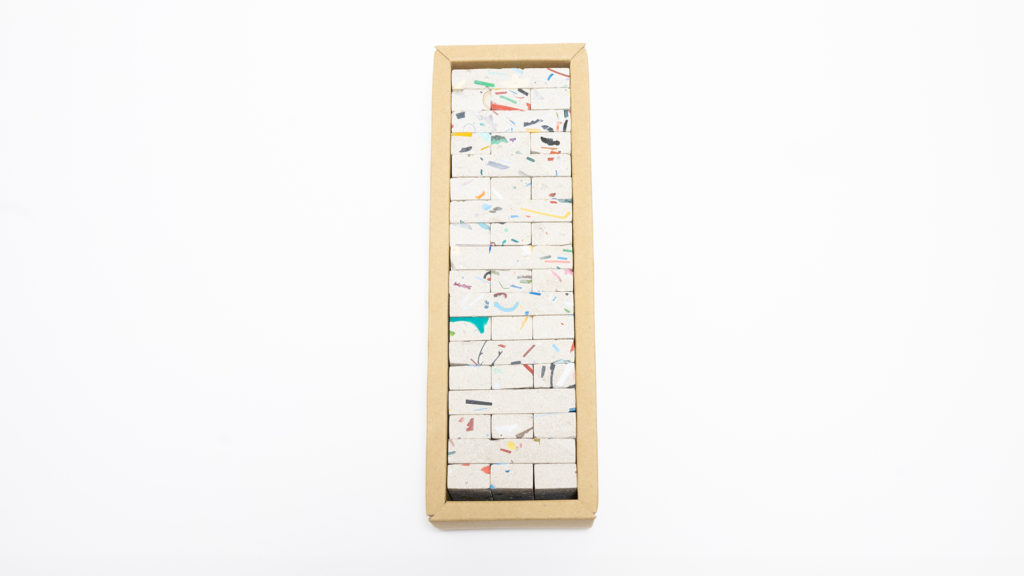
The design, called Debris, was launched during Milan Design Week 2024 at the budbrand AWARD 2024-25 exhibition. It showcases its innovative approach to sustainability and design’s novelty. Pop patterns are featured by Debris. Its textures are created by the resin. Using party accessories made from marine plastic collected from Makuhari Beach as material, designers Shoma Furui and Kem Kobayashi aim to communicate the issue of environmental disruption subtly.
Similar Post
Featuring pop patterns and textures created by the resin, the visually striking appearance resembles a cross-section of buried plastic waste. The design suggests wider decorative applications beyond its primary function by incorporating color patterns of materials that vary by collection site and season. Designed with a simple structure for easy disposal, the piece uses water-based acrylic resin as a binding agent. It ensures environmental consciousness throughout the production process.
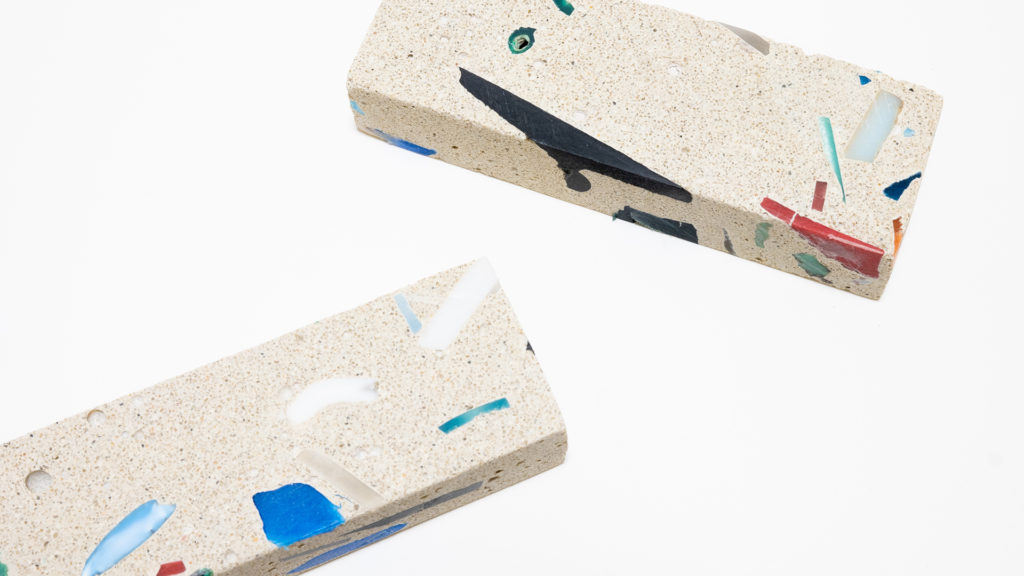
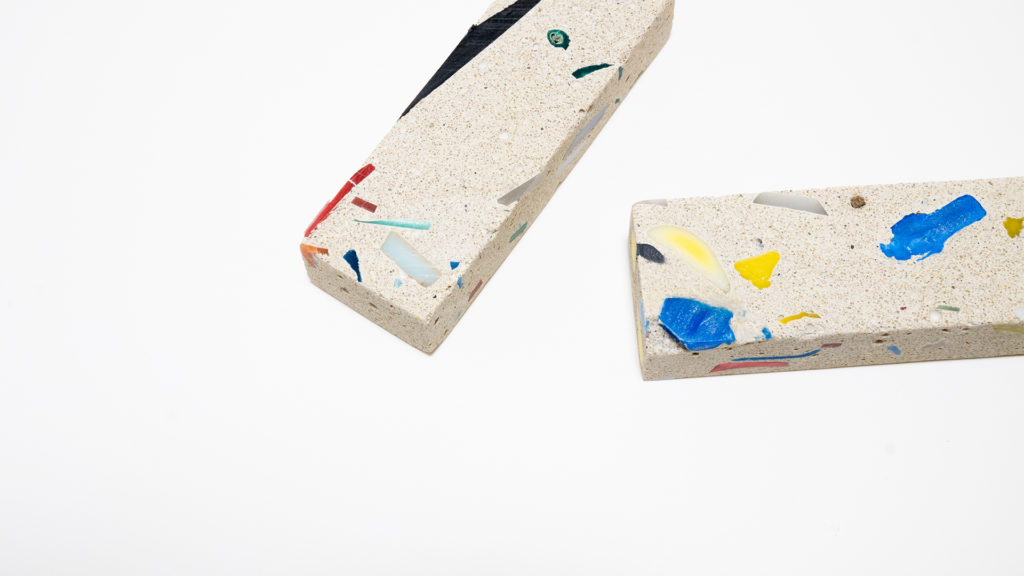
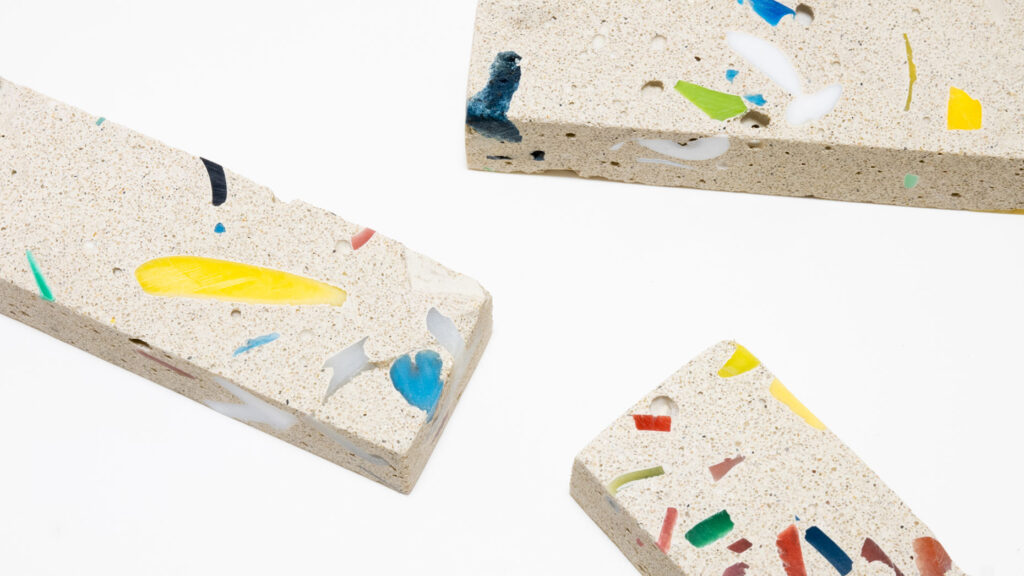
Shoma Furui, the designer, says that the idea came from seeing all these tiny pieces of trash left on Makuhari Beach in Chiba City. It was to create a game out of them. Similar to Jenga and UNO Stacko, Debris is a tower-stacking game. The tiles have different color patterns based on the season. The designer further adds, “I designed a balance tower game made from upcycled ocean plastic debris, reimagining the traditional game where stacking blocks higher and higher until they topple signifies loss with a metaphor reflecting how accumulating trash disrupts the environment.”
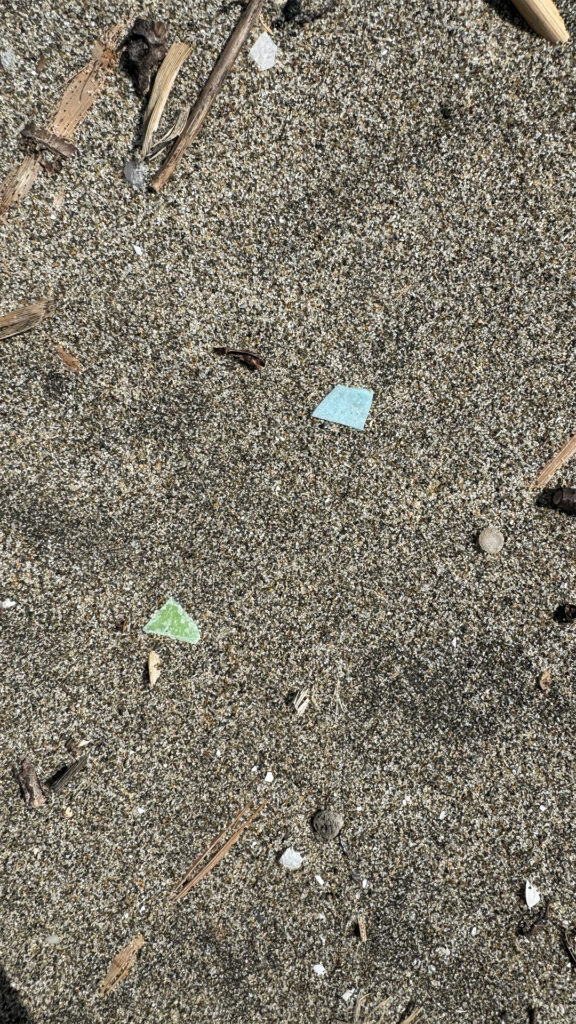
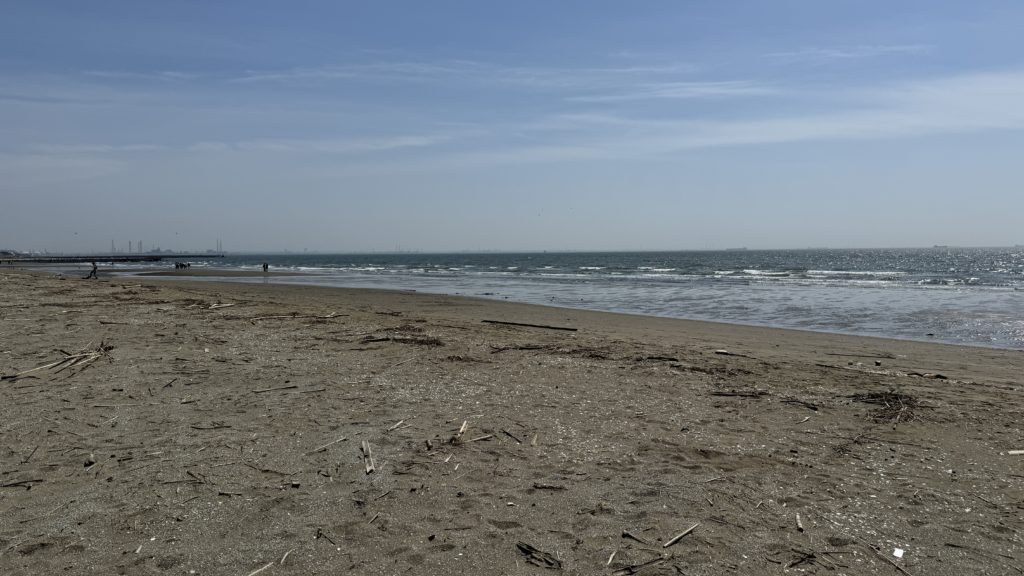
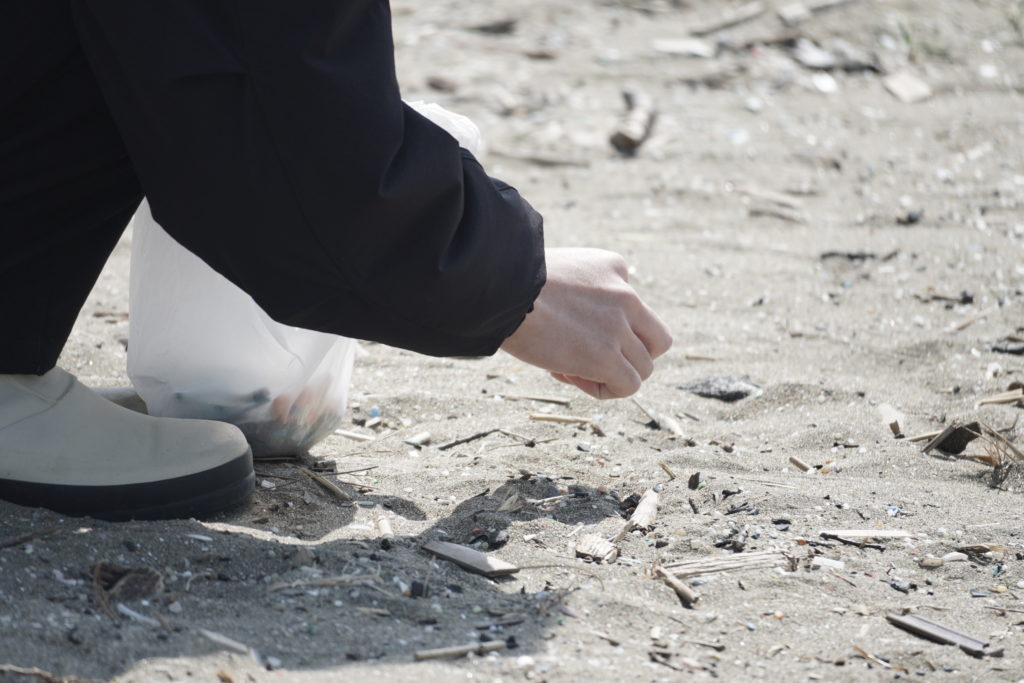
The designer also wants to make Debris a way for consumers to engage with environmental issues. According to Kobayashi, regular beach clean-ups help keep the shore and water clean, but there are also those tiny pieces that remain buried and erode into invisible microplastics. In short, the Japanese designer has designed a sustainable product. It hopefully makes you think about what you are doing to help preserve marine life and keep places like beaches a safe haven for all.
